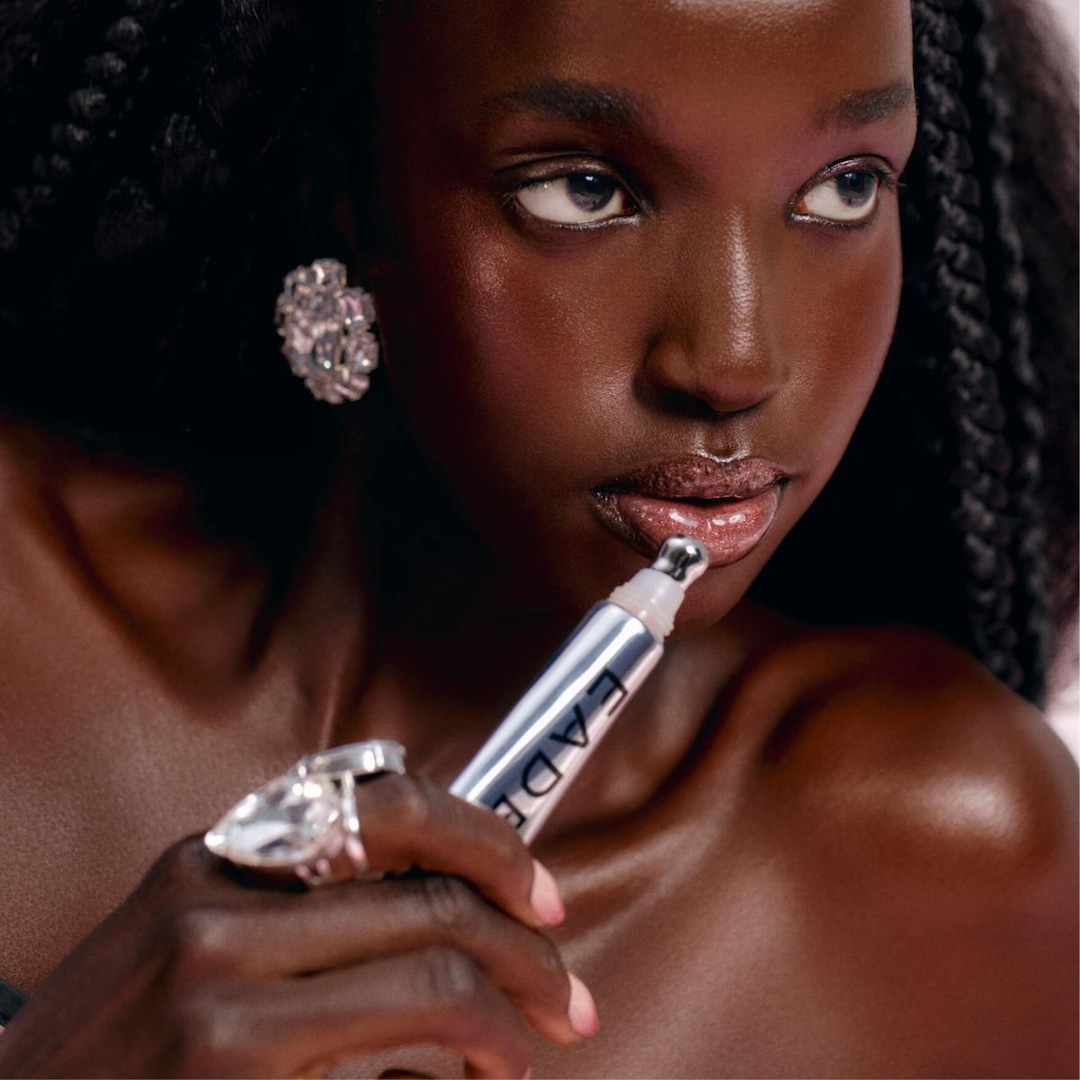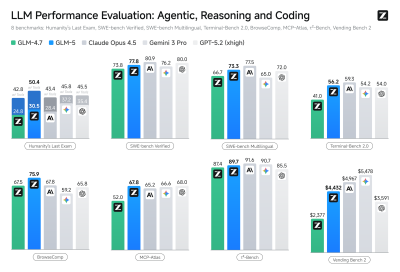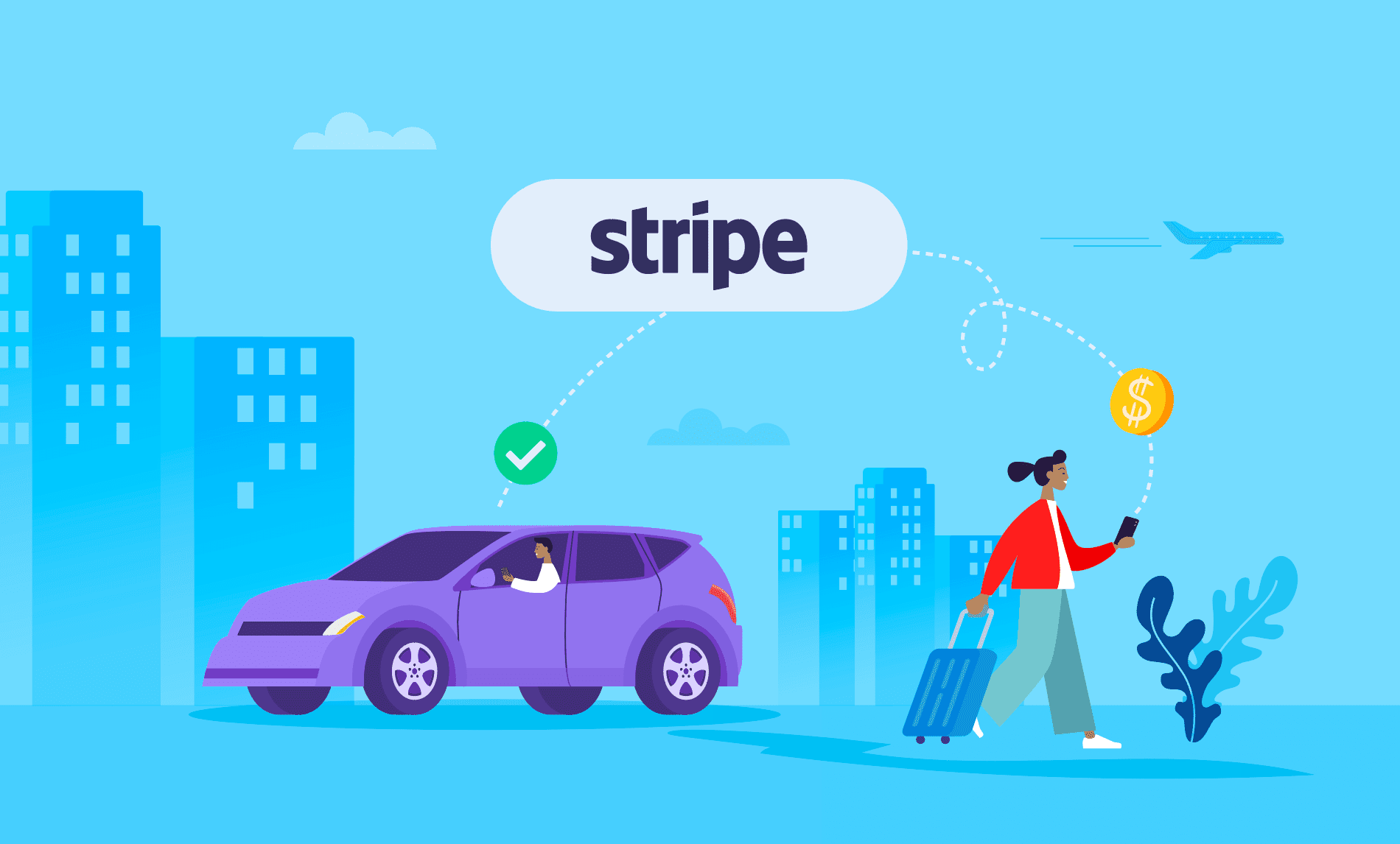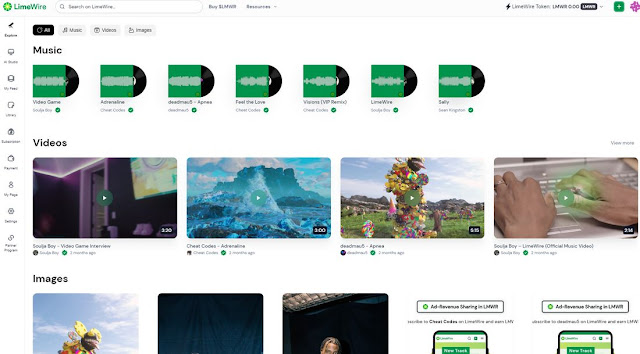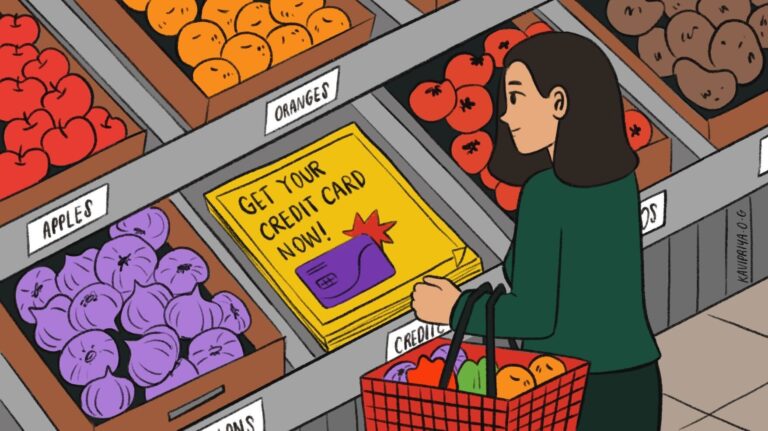Pornhub asked tech platforms to enable device-level age verification


Pornhub's parent company, Aylo, has sent letters to major tech platforms urging them to enable device-level age verification, according to WIRED.
Anthony Penhale, chief legal officer for Aylo (which also owns RedTube and YouPorn), sent letters to Apple, Google, and Microsoft saying in all of them that "we have found site-based age assurance approaches to be fundamentally flawed and counterproductive."
Site-based age verification methods have "failed to achieve their primary objective: protecting minors from accessing age-inappropriate material online," the letters reportedly state.
This comes soon after the latest study, which suggests that U.S. age verification laws indeed fail in their objective, as well as impede adults' right to free speech.
"Site-based age verification" has been enacted in half of the United States and other countries, including the UK, Italy, and France. These age verification laws typically require inputting personal data, such as a government-issued ID or a facial scan, on sites with explicit content beyond a "yes or no" checkbox to ensure a visitor is over 18. (Though non-explicit websites like YouTube have also started implementing age verification.)
For years, Pornhub and free speech experts have advocated for device-level age verification instead, meaning blocks and filters on individual phones, tablets, or computers.
Mike Stabile, director of public affairs at the Free Speech Coalition, previously told Mashable that he recommended device-level filters that block all websites registered as RTA, or "Restricted to Adults." "It signals to filters, whether it's your Apple filter or Net Nanny or something like that, that this site should be blocked," he explained.
In press releases regarding age verification legislation, Aylo has also advocated for device-level filters as the solution to keep minors off its and other adult websites. Now, they're pleading with tech giants to do the same.
"We strongly advocate for device-based age assurance where users' age is determined once on the device, and the age range can be used to create an age signal sent over an API [application programming interface] to websites," each letter states. Aylo requested that Apple, Google, and Microsoft extend this device-based approach to web platforms.
Microsoft declined to comment to Mashable.
An Apple spokesperson linked to a Newsroom update from June 2025, which states that kids aged 13 to 17 will now have similar age-appropriate protections on Apple devices as those under 13 already do under Child Accounts, regardless of whether the teen's account was set up as a Child Account or a standard Apple Account. The protections include web content filters.
The Apple spokesperson also linked to a child online safety white paper from February 2025, which states that, "The right place to address the dangers of age-restricted content online is the limited set of websites and apps that host that kind of content."
Google told Mashable that it's "committed to protecting kids online, including by developing and deploying new age assurance tools like our Credential Manager API that can be used by websites. We don't allow adult entertainment apps on Google Play, and certain high-risk services like Aylo will always need to invest in specific tools to meet their own legal and responsibility obligations."


















